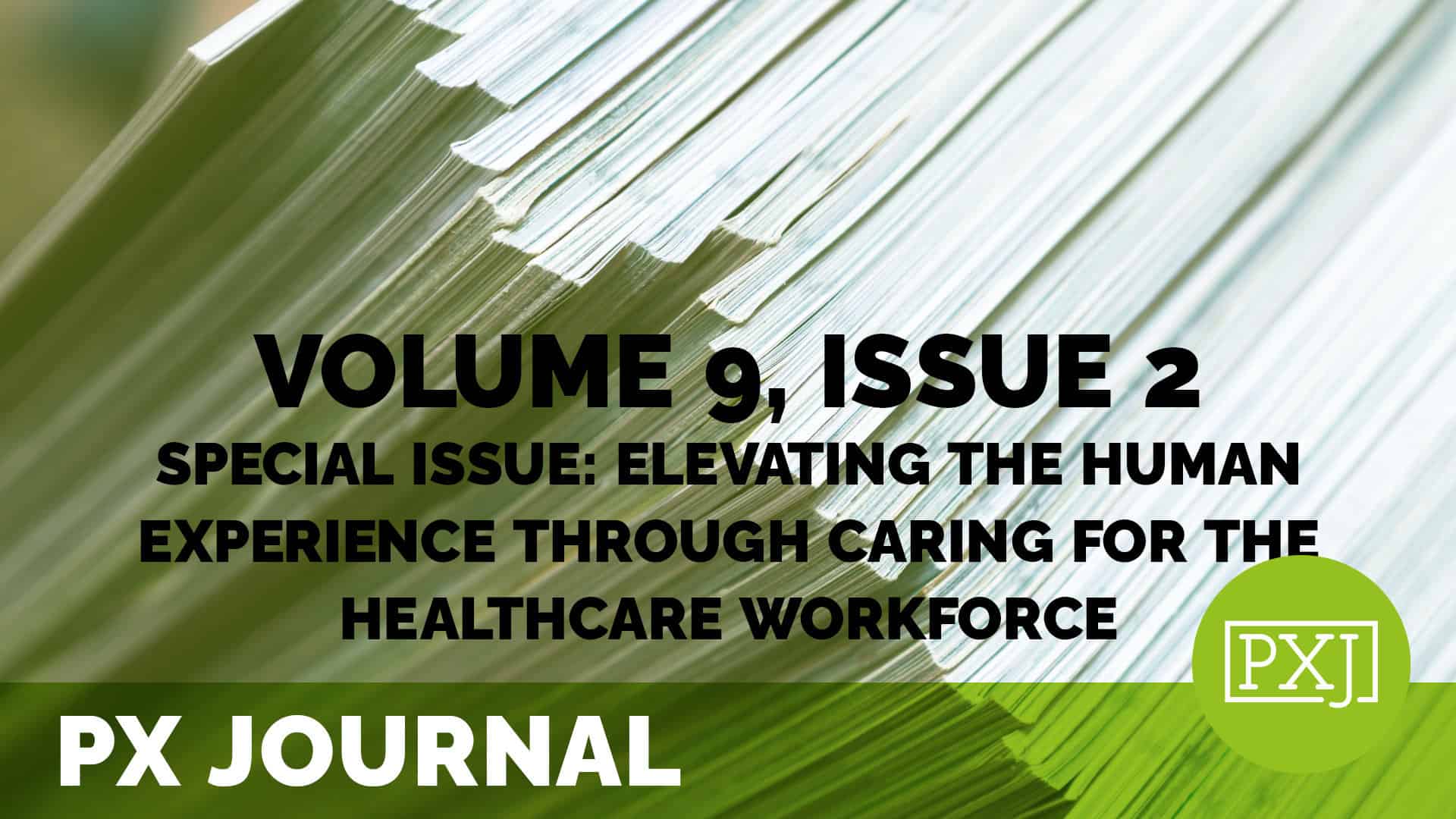Human experience is not a line item
Published August 4, 2022


Our humanity is fundamentally defined in context with others, in our relationships that reinforce or bend who we are, in the interactions through which we wither or grow. It is these interactions that rest squarely at the heart of the healthcare experience. For over a decade, we have defined experience in The Beryl Institute community as the sum of all interactions, shaped by an organization’s culture that influence patient perceptions across the continuum of care. The power of the simple, yet significant nature of these words reinforces the idea that experience happens primarily at the touch point between people. These experiences, ultimately, are framed by the kinds of organizations we build, cultures we foster, behaviors and choices we encourage and expect. The humanity we build into our healthcare system is the basis for every experience one has. The conduit for these experiences is the healthcare workforce itself. The context for experience happens in the communities that healthcare serves. These ideas are not simply an idealized state but also have tangible and measurable impacts on healthcare itself. This special issue helps us to see some of the implications and actions of the healthcare workforce experience on our capacity to deliver the best in care overall. Experience is not a line item – for an investment in experience efforts creates a culture shift that has direct bearing on the quality outcomes realized, the patient and family loyalty sought, the community reputation desired and the vibrant workforce that healthcare leaders strive to ensure every day.
Related content
-
Culture & Leadership | Infrastructure & Governance
Experience Management Everywhere
Published May 15, 2025

Complimentary – The healthcare industry continues to evolve. Patient expectations evolve along with it. Patient Experience (PX) teams must evolve as well to address current challenges and proactively position themselves for continued impact. To remain relevant and impactful, next-generation experience teams must democratize experience management, ensuring the appropriate ownership at every organizational level. Attend this
Learn more -
Culture & Leadership
Embracing Change: From Equity and Inclusion to Access and Belonging
Published November 30, 2025

Names matter. They shape perceptions, set the tone for our work, and reflect our values and intentions. The Beryl Institute’s Declaration for Human Experience invites members to set a clear and on-going commitment to dismantle systemic racism and prejudice, tackle disparities, and provide the highest-quality, most equitable care possible. In response to recent developments in
Learn more -
Culture & Leadership | Patient Family & Community Engagement | Policy & Measurement | Staff & Provider Engagement
Pulse Check: Perspectives on Human Experience
Published September 19, 2025

Complimentary – This 30-minute session will explore key headlines from the most recent PX Pulse report and findings from the State of Human Experience 2025 study. Participants will engage in discussion on consumer perspectives on the current state of healthcare, review the biggest trends in human experience, and reflect on how these insights will impact both
Learn more
